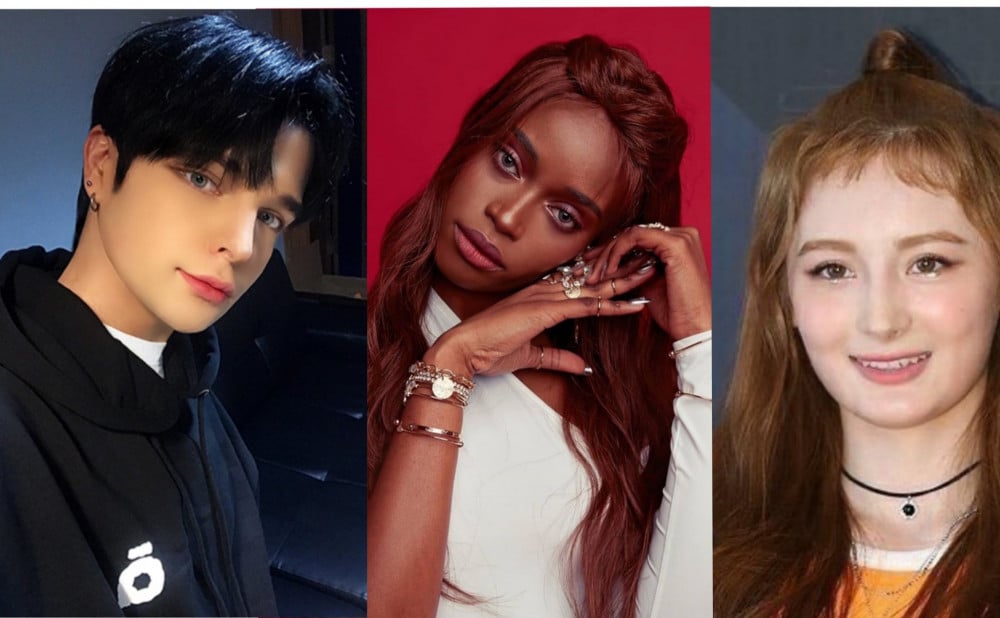
[This is a User Posted Article.]
Following the diverse reactions that the announcement of MustB's new non-Asian member Daon received earlier this month, a question that arose is why is the Korean idol scene so adamantly racially exclusive? As the Hallyu wave spreads across the globe, it would be expected that many young people from eclectic racial backgrounds would be inspired to follow in the footsteps of their beloved idols. However, non-Asian idols are still very much a rarity.
Whilst “foreign” K-pop idols are numerous, most of them tend to be of Asian origin or at least half-Korean. The most obvious hurdle then, that foreign trainees are faced with is the homogeneity of Korean society. It’s no secret that foreigners in South Korea (as of 2019) make up only about 4.9% of the entire population. As an industry concerned first and foremost with domestic sales, it’s no wonder K-pop as an entertainment industry reflects its primary demographic.
A core value of the Korean music scene when it comes to idols is visuals. Plastic surgery is commonplace and strict diets are forced, as well as hours upon hours of rigorous training in dance and singing to ensure visual harmony. Non-Asian features stand out and may influence the group's overall aesthetic, a risk that can have a negative impact on audience reception. Companies may not like to take such a financial gamble.
Although having a foreign member in a group automatically cultivates a fanbase within their country of origin, thus opening up that market, companies tend to make use of this mainly with neighboring states. For South Korea, having access to Chinese and Japanese markets is especially profitable - South Korea does not have any big concert venues like Japan’s Tokyo Dome, for instance, and the Chinese market is a huge source of income for physical album sales.
At the end of the day, the K-pop music industry is all about profit. Companies trap hopeful artists in confining contracts in order to exploit them and make money. If you don’t generate enough income, you will get dropped. So many stories come out from former idols about inadequate pay and ridiculous debt racked up during their training period.
Foreign non-Asian trainees who do debut tend to sign under lesser-known smaller companies- a skeptic would propose this is probably a marketing strategy to generate hype and bring media attention to the firm, as such members' popularity seems to be rather short-lived.
Having said that, there have been some examples of non-Asian K-pop group members such as:
Alex (RaNia)
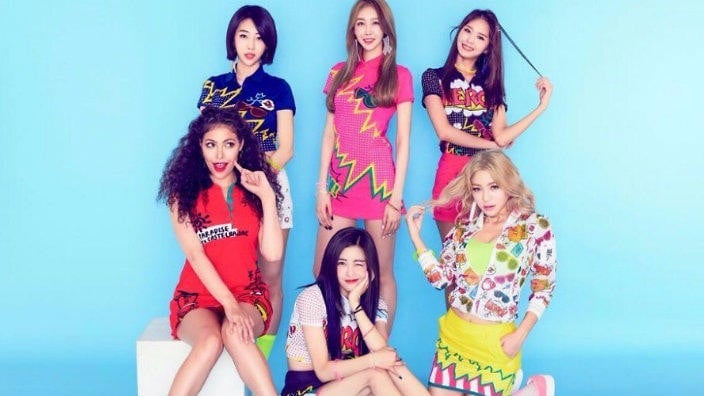
Alex joined Rania in 2015 and participated in the group's promotions until 2017. There was a lot of controversy surrounding her treatment within the industry ( not being featured in music videos, for example). Another issue was her lack of Korean language skills, which led her to rap only in English, complicating discussion surrounding hip hop and cultural representation.
Sofia (Oh My Jewel)

Holding a dual Russian and Israeli citizenship, Sofia was part of the 3 member girl group debuting in 2017. Unfortunately, after releasing only one single, the group disbanded a month later.
UHSN

Perhaps the only objectively successful incorporation of Caucasian artists into Korean idol culture. As this was a project group, they did not officially debut, but they trained and released a well-produced song in the recognizable Korean pop style.
Fatou (BLACKSWAN)
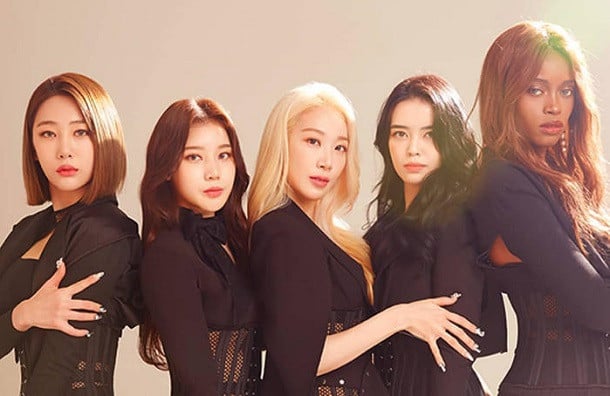
Senegalese member of rebranded Rania just debuted. She worked as a model in Korea before and it may be said aesthetically fits into the Asian market.
Kyle and Marco (ESQ)
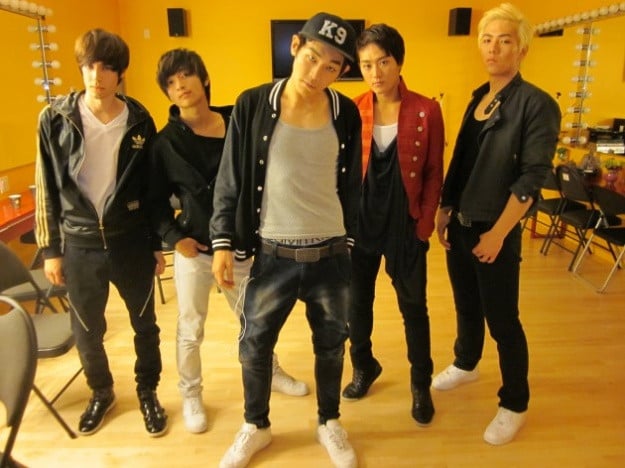
Esquire (ESQ) was the first multiracial boy group to enter the scene in 2011, making a strong impression with their debut on the show 'Hallyu Olympics,' but subsequently fading into silence.
Olivia (The Gloss)

Debuting in 2013, The Gloss became the first K-pop girl group to have a non-Asian member. Unfortunately, they disbanded a year later.
Lana

The first Russian idol to make a successful solo debut in the K-pop industry.
Nia and Miriam (PRISMA)
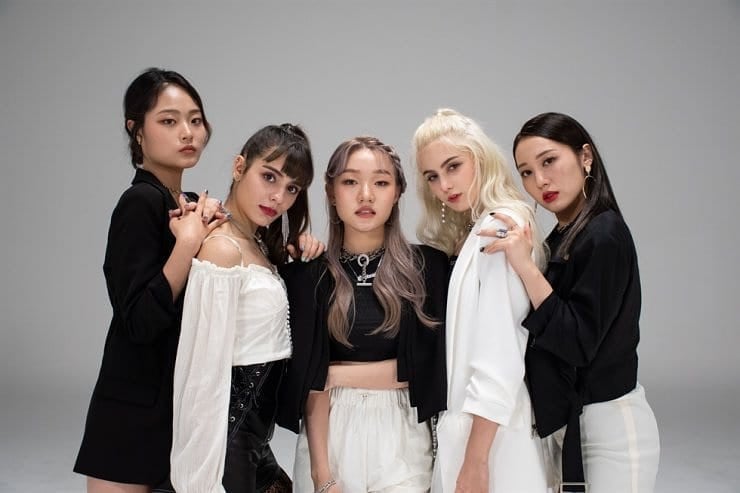
Debuted just this October with their first single, this group seems to be the most culturally diverse in the Korean pop music scene at the moment. Nia is Spanish, and Miriam, Italian.
In conclusion, making it big in the K-pop industry is hard regardless of race. It's not impossible to become a K-pop group member if you are not Asian, but it is a slim chance of success. A company just won’t bother investing in you if they decide you lack potential or don't fit their vision.
However, music is an international language, and there are no rules confining style to a certain race, so if you have dreams of producing tracks inspired by the K-pop form, go for it! And maybe as the Korean entertainment industry continues its global domination, we will see more foreign K-pop idols join the scene.

 SHARE
SHARE

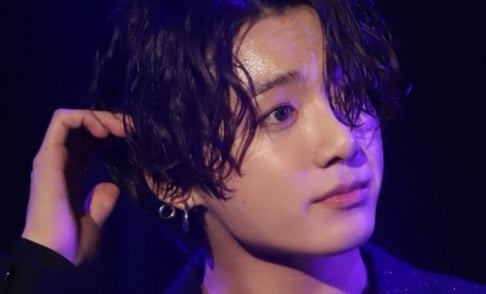





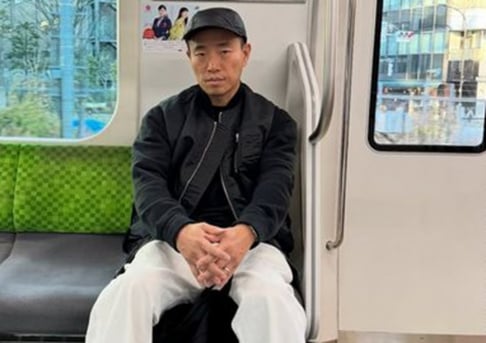



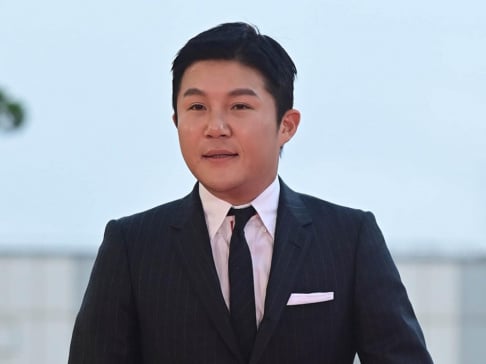



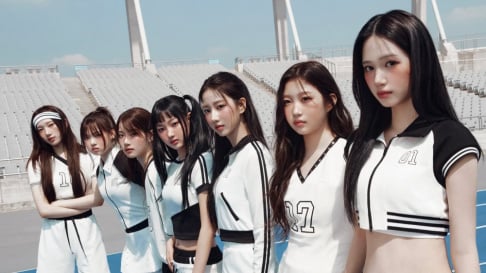
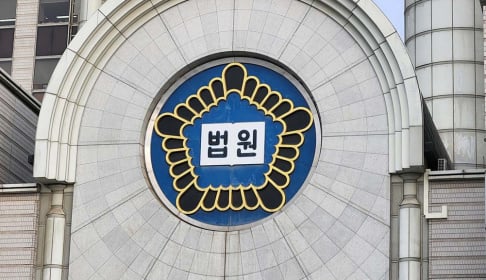

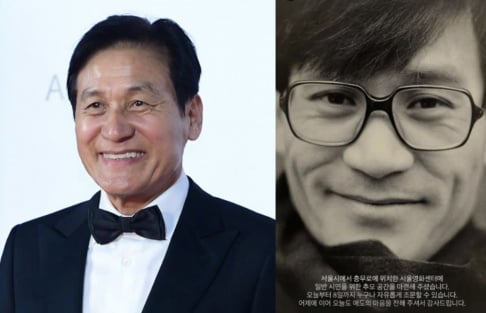


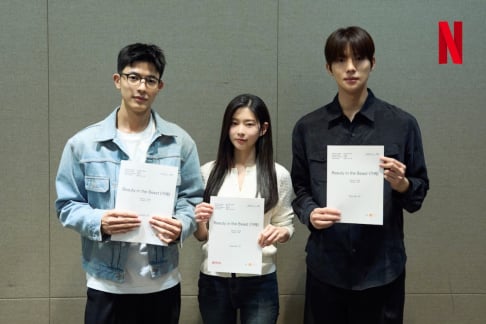

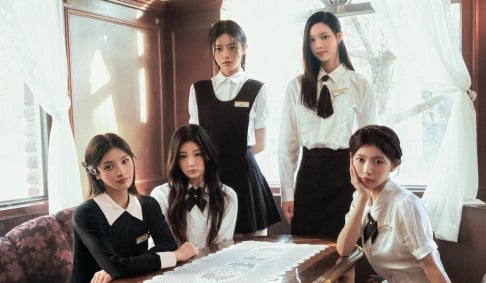
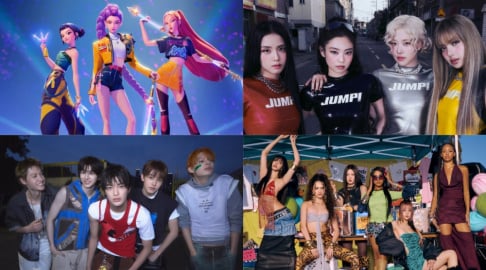

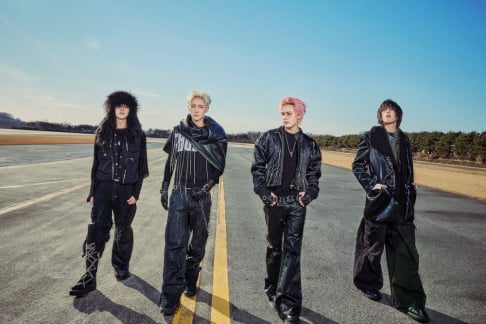
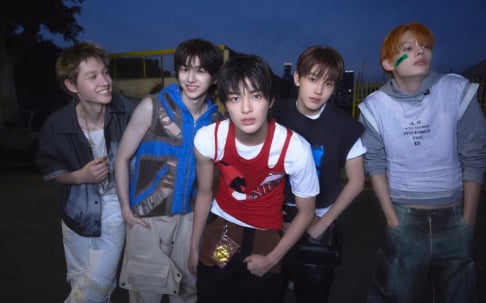


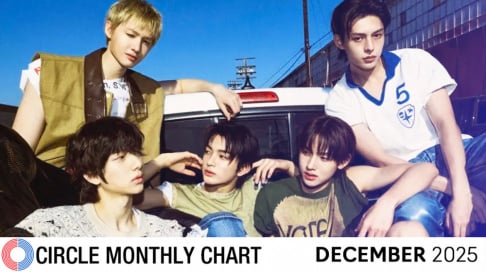


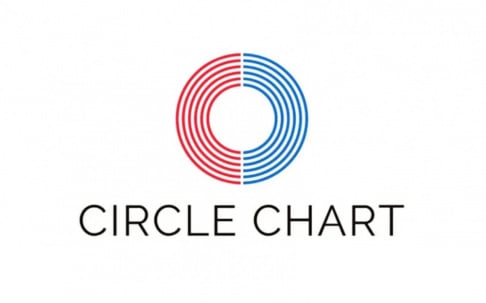
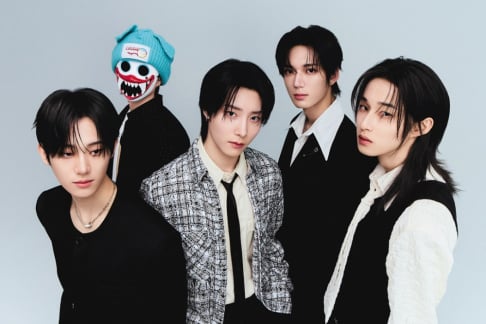
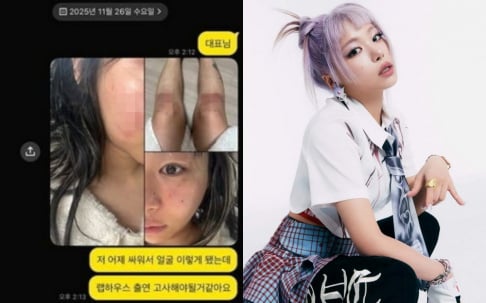

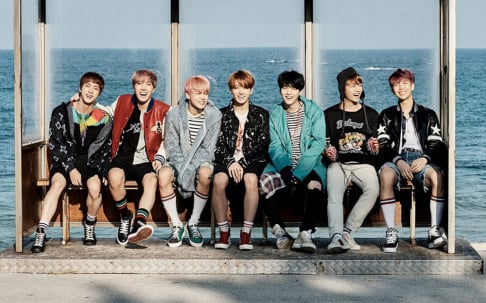
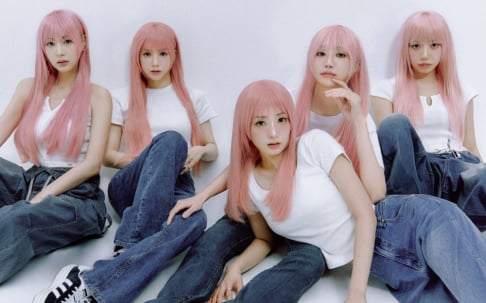
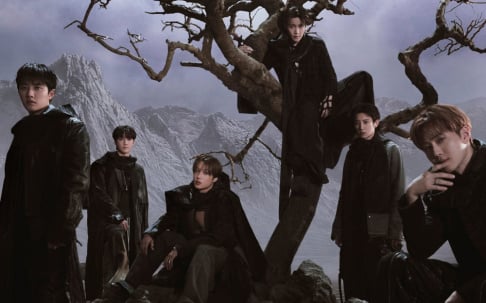










notfatndumb (Banned)-1,751 pts Tuesday, December 1, 2020 25[+] This user has a poor community rating, click here to read this comment.
25 more replies